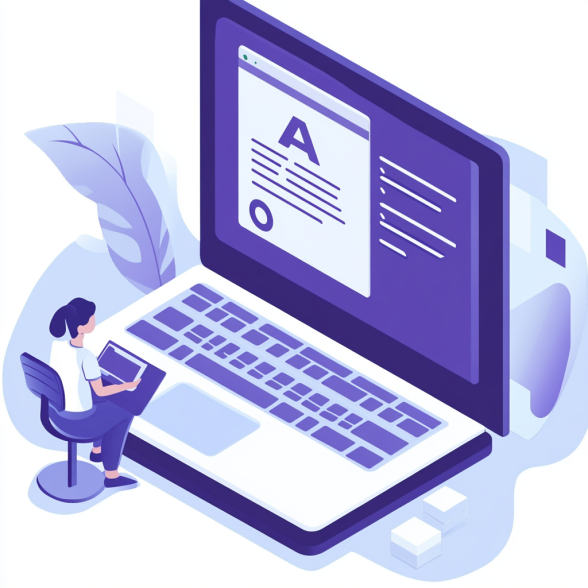How AI is redefining QA and testing in the software industry ?
In today's rapidly evolving software industry, quality assurance (QA) and testing play a crucial role in ensuring that products meet the highest standards of performance, reliability, and user experience. With the increasing complexity of software applications and the need for faster delivery, traditional QA and testing methods are no longer sufficient. This is where Artificial Intelligence (AI) is making a significant impact, revolutionizing the way QA and testing are conducted.
AI-powered testing tools and platforms are becoming increasingly popular among software development teams due to their ability to automate repetitive tasks, analyze vast amounts of data, and identify potential issues proactively. These tools use machine learning algorithms to mimic human cognitive functions, enabling them to detect patterns, predict outcomes, and optimize testing processes.
One of the key advantages of AI in QA and testing is its ability to enhance test coverage and accuracy. AI-powered systems can perform comprehensive test scenarios across different devices, operating systems, and browsers, ensuring that software functions correctly in various environments. By leveraging AI algorithms, developers can identify potential bugs and performance bottlenecks early in the development cycle, leading to faster resolution and improved product quality.

Moreover, AI can streamline the QA process by prioritizing test cases based on their criticality and impact on the software's functionality. By analyzing historical data and identifying patterns, AI-powered testing tools can optimize test suites, reduce redundant tests, and focus on areas that are most likely to cause failures. This targeted approach not only saves time and resources but also improves the overall efficiency of the testing process.
Another significant benefit of AI in QA and testing is its ability to adapt to changing requirements and dynamic environments. Traditional testing methods often struggle to keep pace with evolving software architectures and frequent code changes. AI, on the other hand, can quickly adjust testing strategies based on real-time feedback, making it easier to validate new features, functionalities, and integrations without manual intervention.
Overall, AI is reshaping the future of QA and testing in the software industry by introducing automation, intelligence, and scalability to the process. By harnessing the power of AI-driven testing tools, development teams can accelerate release cycles, improve product quality, and enhance the end-user experience. As AI continues to advance, we can expect QA and testing practices to become more efficient, reliable, and agile, setting new standards for software development in the digital age.

